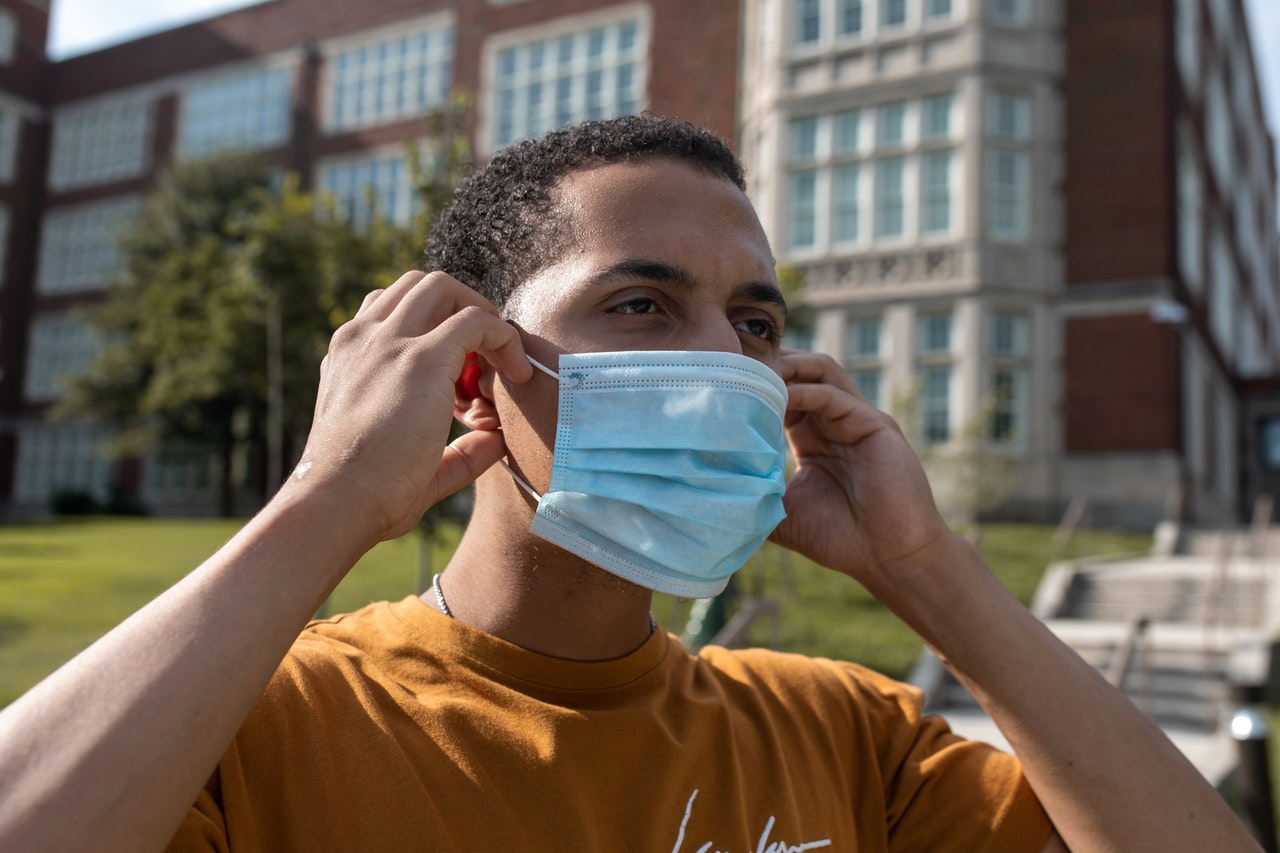
How to choose the best facemask
(BPT)—Since the beginning of the COVID-19 pandemic, you have probably wondered what kind of face mask provides the most effective protection but is also easy and comfortable. You have probably also heard that double masking provides better protection against the more easily transmissible variants of COVID-19 that have been spreading recently. So how can you know what kind of mask to use?
The main purpose of masks is to help prevent the spread of respiratory droplets from you to others, in case you might be infected with COVID-19 but not exhibiting any symptoms (asymptomatic) or if you are not yet exhibiting symptoms (pre-symptomatic).
What can help reduce your risk (and risk for others) is keeping physically distant (the CDC recommending 6 feet or more), and wearing a tightly woven mask that has multiple layers, and fits tightly around the face.
Here is a quick guide to masks available today, and the level of protection and comfort they offer.
Homemade masks
Many people have relied on homemade cloth masks, as well as face covers such as bandanas and neck gaiters. But how effective are they?
Because respiratory droplets and the airborne coronavirus particles they might contain are extremely small, it is still possible for someone wearing a cloth mask to be exposed to COVID-19 if they are close to someone who is infected. Loose-fitting cloth masks, single-layer masks, or wearing them incorrectly (such as exposing your nose) are far less effective in offering any protection from COVID-19 or other viruses. For these reasons, bandanas and neck gaiters are examples of some of the least protective cloth masks.
If you prefer homemade cloth masks, creating masks with several layers (including insertable filters, such as from a HEPA vacuum cleaner bag) offers better protection than a makeshift bandana or other cloth. You should also wash masks frequently in soap and water to keep them as clean as possible.
Surgical masks
Surgical masks are meant to be single-use only and are disposable, and they are not tight-fitting. While they offer some protection for those people around the wearer, surgical masks are of limited use for protecting the wearer from airborne particles. They can be most effective when they are worn underneath an additional, tighter-fitting cloth mask.
N95 respiratory masks
Worn by healthcare professionals in contact with infected patients, N95 respiratory masks are designed to catch particles as small as 0.3 microns when properly fitted to form an airtight seal covering the wearer’s nose and mouth. While many assume (incorrectly) that N95 masks operate like strainers, allowing only particles small enough to pass through, these masks actually operate more like a spider’s web, using electrostatic force to “trap” particles.
While N95 masks prevent coronavirus particles from being inhaled, these particles then remain on the mask itself – and can be transferred to the wearer’s mouth and nose if not careful. It is crucial that wearers know how to correctly use them. These masks are primarily needed by first responders and healthcare providers and the general public should avoid wearing them to prevent shortages.
Medicevo Graphene Masks
After months of research, the medical manufacturer Medicevo has created a reusable face mask using graphene technology, making masks that combine cutting-edge technology with comfort. The Medicevo Graphene Mask features an internal graphene netting, along with three other layers. The graphene netting inside the mask creates microscopic sharp edges that slice through the cellular walls of viruses like COVID-19 and H1N1. This netting can be compared to a thorny rosebush through which the coronavirus, in the form of water balloons, are thrown.
Want to learn more?
Visit Medicevo.com.
Sorry, the comment form is closed at this time.
